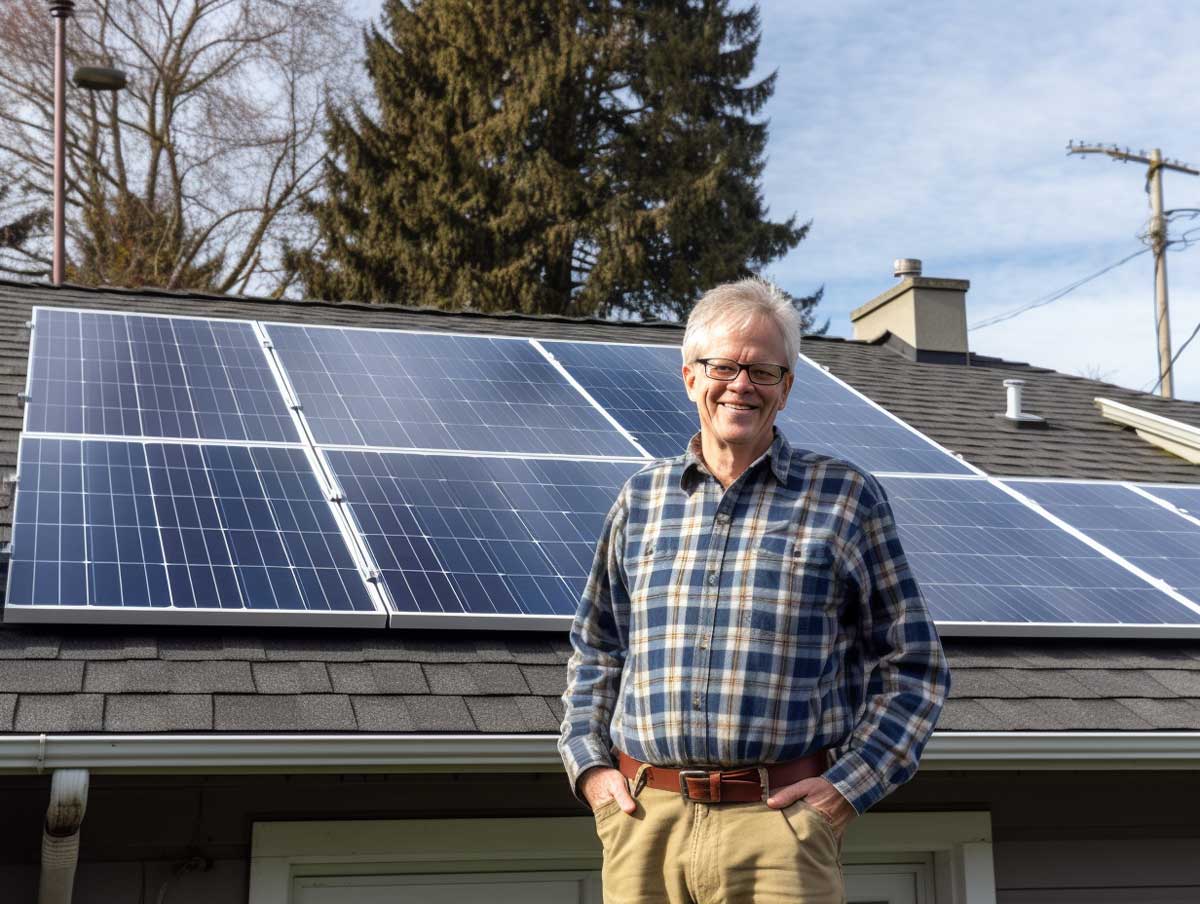The Rural Energy for America Program (REAP) offered by the United States Department of Agriculture (USDA) provides financial assistance for renewable energy projects, including solar farms, in the form of grants and loan guarantees. This program is open to agricultural producers and rural small businesses across the United States.
Learn how to access loan guarantees and federal grants for solar farms through the Rural Energy for America Program (REAP) offered by the United States Department of Agriculture (USDA). This guide will walk you through the eligibility requirements and show you how to apply and leverage this opportunity.
Eligibility Criteria
To be eligible for this program, applicants must be either agricultural producers or small businesses located in eligible rural areas.
Agricultural producers are entities directly engaged in the production of agricultural products, with at least 50 percent of their gross income coming from agricultural operations. They may apply for new energy-efficient equipment and new system loans for agricultural production and processing. Importantly, projects associated with on-site production operations can be located in non-rural areas.
Small businesses eligible for federal grants for solar farms must be situated in rural areas with populations of 50,000 residents or less. The business can be a private for-profit entity (sole Proprietorship, Partnership, or Corporation), a Cooperative (including those qualified under Section 501(c)(12) of IRS Code), an electric utility that provides service to rural consumers and operates independently of direct government control, or a Tribal corporation or other Tribal business entities that are chartered under Section 17 of the Indian Reorganization Act (25 USC 477) or have similar structures and relationships with their Tribal entity without regard to the resources of the Tribal government. They must also meet the Small Business Administration size standards in accordance with 13 CFR 121.
Both agricultural producers and small businesses must have no outstanding delinquent federal taxes, debt, judgment, or debarment.
Use Of Funds
Funds obtained through the REAP program can be used for the purchase and installation of renewable energy systems, such as biomass, geothermal for electric generation or direct use, hydropower below 30 megawatts, hydrogen, small and large wind generation, small and large solar generation, and ocean (tidal, current, thermal) generation.
Additionally, the funds can be utilized for the purchase, installation, and construction of energy efficiency improvements like high-efficiency heating, ventilation, and air conditioning systems (HVAC), insulation, lighting, cooling or refrigeration units, doors and windows, electric, solar or gravity pumps for sprinkler pivots, switching from a diesel to an electric irrigation motor, and replacement of energy-inefficient equipment. An Energy Audit or Energy Assessment that complies with Appendix A to RD Instructions 4280-B must be included in Energy Efficiency Improvement applications.
Financial Assistance
The USDA offers loan guarantees on loans up to 75 percent of total eligible project costs. They also provide grants for up to 50 percent of total eligible project costs, and combined grant and loan guarantee funding up to 75% of total eligible project costs. The loan guarantee percentage for REAP loans approved in Fiscal Year 2023 will be an 80 percent guarantee.
Loan Guarantee Terms And Interest Rates
The lender, with Agency concurrence, will establish and justify the guaranteed loan term based on the use of guaranteed loan funds, the useful economic life of the assets being financed and those used as collateral, and the borrower’s repayment ability. The loan term will not exceed 40 years.
Interest rates are negotiated between the lender and borrower and can be either fixed or variable. Variable interest
Interest Rates
Interest rates for the loan guarantee are negotiated between the lender and the borrower. The rates may be fixed or variable, with variable interest rates being adjusted no more often than quarterly. This offers some flexibility for borrowers in managing their loan repayments.
Fees
In terms of fees, there is an initial guarantee fee, currently 1 percent of the guaranteed amount. Additionally, there is a guaranteed retention fee, currently 0.25 percent of the outstanding principal balance, which is paid annually. It's important to note that reasonable and customary fees for loan origination are negotiated between the borrower and lender.
Underwriting Requirements
Underwriting requirements for the loan guarantee require the lender to conduct a credit evaluation using credit documentation procedures and underwriting processes that are consistent with generally accepted prudent lending practices and also consistent with the lender’s own policies, procedures, and lending practices. The lender’s evaluation must address any financial or other credit weaknesses of the borrower and project and discuss risk mitigation requirements. This ensures that the loan is offered in a responsible and sustainable manner.
Application Window
For Fiscal Years 2023 & 2024, the application window for the REAP program is open on the following dates:
-
June 30, 2023
-
September 30, 2023
-
December 31, 2023
-
March 31, 2024
-
June 30, 2024
-
September 30, 2024
This provides multiple opportunities for eligible businesses and agricultural producers to apply for this funding throughout the year.
Find Federal Grants For Solar Farms
The Rural Energy for America Program (REAP) is a significant funding opportunity for agricultural producers and rural small businesses seeking to implement renewable energy systems, including solar farms, or to make energy efficiency improvements. By understanding the eligibility criteria, the use of funds, financial assistance available, and the application process, interested entities can leverage federal grants for solar farms to contribute towards renewable energy initiatives and enhance energy efficiency in their operations. However, it is important to carefully evaluate the financial implications, including interest rates and fees, and to consider the sustainability of the project under consideration. Professional advice may be beneficial in making these evaluations and in preparing a successful application.
Discover how you can take advantage of Texas Solar Incentives today! Visit Gov Relations to learn more and start saving on your energy bills.







